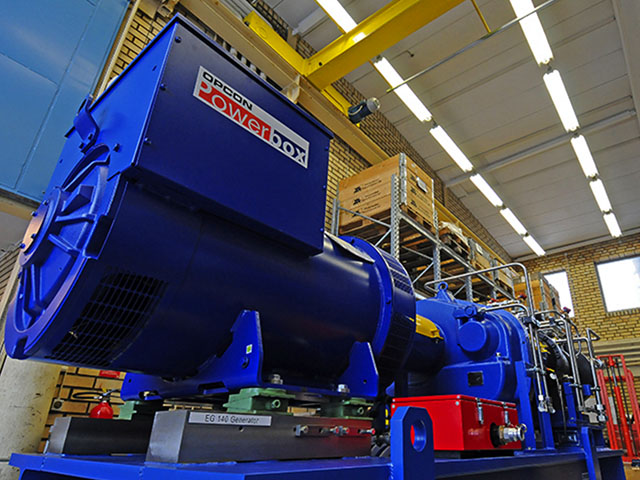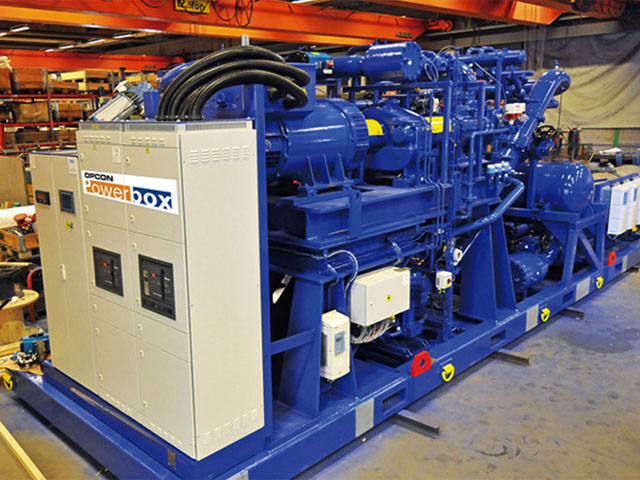Industrial Waste Heat Utilization
A large part of the world’s energy consumption could be replaced by the professional use of waste heat originating from industrial processes.


The SRM Powerbox is a stand-alone power plant
which can convert waste heat or geothermal heat of up to 55°C into pollution-free electricity. Solid industrial components, easy installation and microprocessor based remote control result in high reliability.
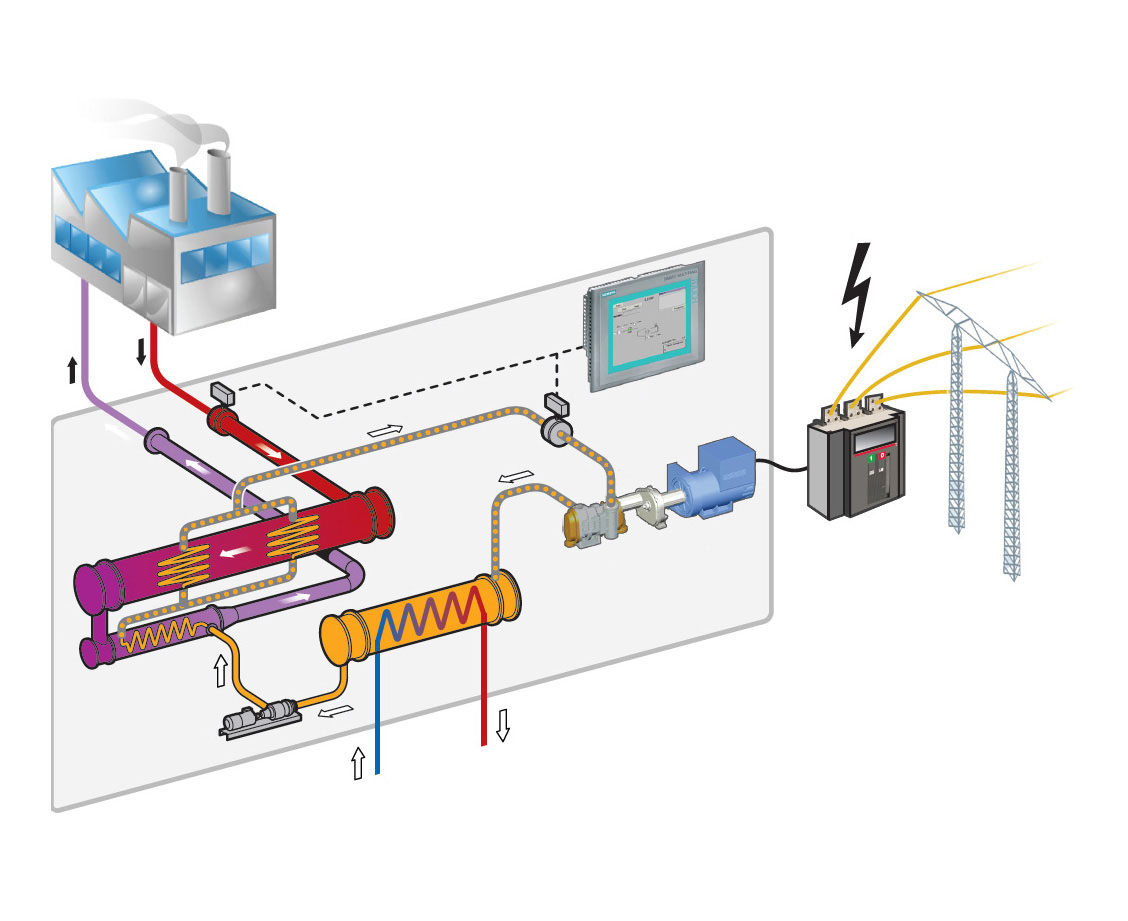
The SRM Powerbox ORC generates electricity with hot water, while the SRM Powerbox WST uses wet, saturated steam directly.
The SRM Powerbox can be ordered in the range from 150 to 2,400 kW.

Thermal and electric power plants
The SRM Powerbox replaces expensive cooling with efficient energy production. Heat exchangers and coolers are used in high-temperature industrial processes where cooling is required. In the past, this water was recycled or drained by sewage treatment plants. However, cooling, which is often required for various legal or technical reasons, results in significant energy losses and high costs due to expensive cooling towers and other technical equipment. The SRM Powerbox, which is part of the cooling system, can simultaneously generate new electricity and reduce cooling costs. The value of installing an SRM Powerbox can be further increased if it is used to omit the investment costs of building additional cooling capacity.

Manufacturing industry
The SRM Powerbox can also improve the efficiency of existing waste heat and district heating systems. When the waste heat generated during industrial processes is used in a district heating network, the remaining excess heat must be cooled, which causes energy loss and at the same time additional costs. By installing the SRM Powerbox, excess residual heat can be converted into new electricity in a cost-effective and emission-free manner. In addition to increased system efficiency, the SRM Powerbox improves cooperation between industry and energy providers, creating economic and environmental value, regardless of which party installs the system.
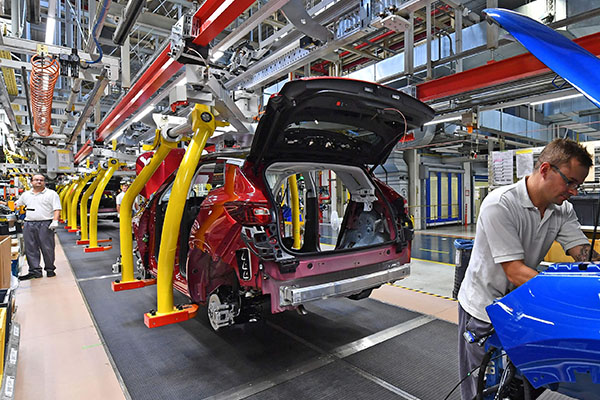
Tengeri- és dízelgenerátorok
Az SRM Powerbox növeli a különböző belsőégésű motorok és áramfejlesztők hatékonyságát. Az ipari gáz- és dízelmotorok csak az üzemanyag egy részét alakítják át használható teljesítménnyé. A fennmaradó hő jelentős energiaveszteséget okoz. Az ipari belsőégésű motorok esetében az SRM Powerbox alkalmazása 5-10%-kal csökkenti az üzemanyag fogyasztást, vagy ehhez hasonlóan 5-10 %-kal növeli a meglévő villamosenergia-termelést, nagyobb motor vagy több üzemanyag nélkül. Az SRM Powerbox a gyenge minőségű hulladékhőt (mint például hűtőköpeny közege, öblítőlevegő és füstgáz) is képes felhasználni költséghatékony villamos energia előállítására. Amellett, hogy növeli a rendszerhatékonyságot és csökkenti a működési költségeket, jelentősen csökkenti a környezetszennyező anyagok kibocsátását is, mint például a kén, CO2 és a NOX.
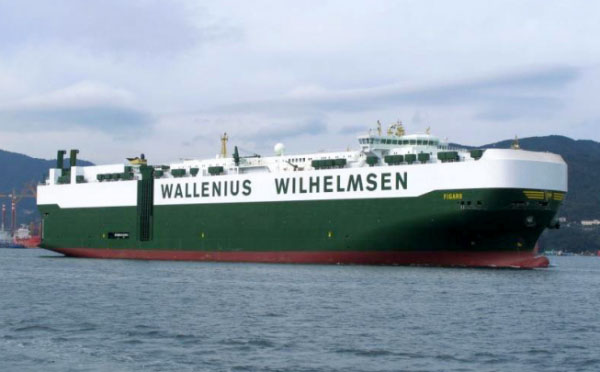
Marine and diesel generators
The SRM Powerbox increases the efficiency of various internal combustion engines and power generators. Industrial gas and diesel engines only convert part of the fuel into usable power. The remaining heat causes significant energy loss. For industrial internal combustion engines, the use of the SRM Powerbox reduces fuel consumption by 5 -10%, or similarly increases existing electricity production by 5-10%, without a larger engine or more fuel. The SRM Powerbox can also use low-quality waste heat (such as cooling jacket medium, purge air and flue gas) to generate cost-effective electricity. In addition to increasing system efficiency and reducing operating costs, it also significantly reduces emissions of environmental pollutants such as sulphur, CO2 and NOX.
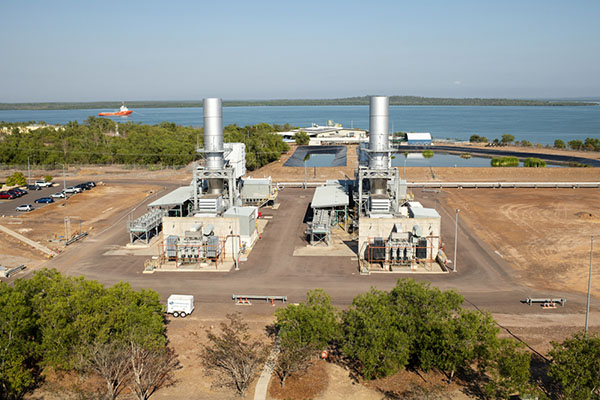
Island mode energy production
The SRM Powerbox system produces electricity even in areas without an established electrical network. The SRM Powerbox is able to significantly increase electricity production without increasing harmful emissions and fuel consumption in the case of island mode systems – operating by burning fossil fuels. Such systems are common in Australia, for example.




